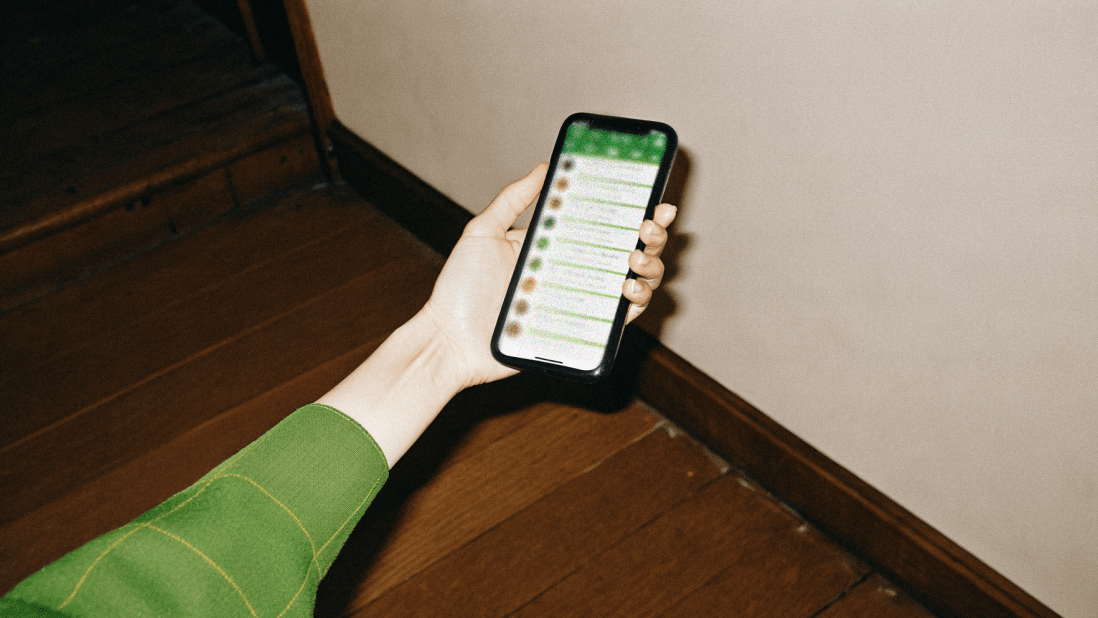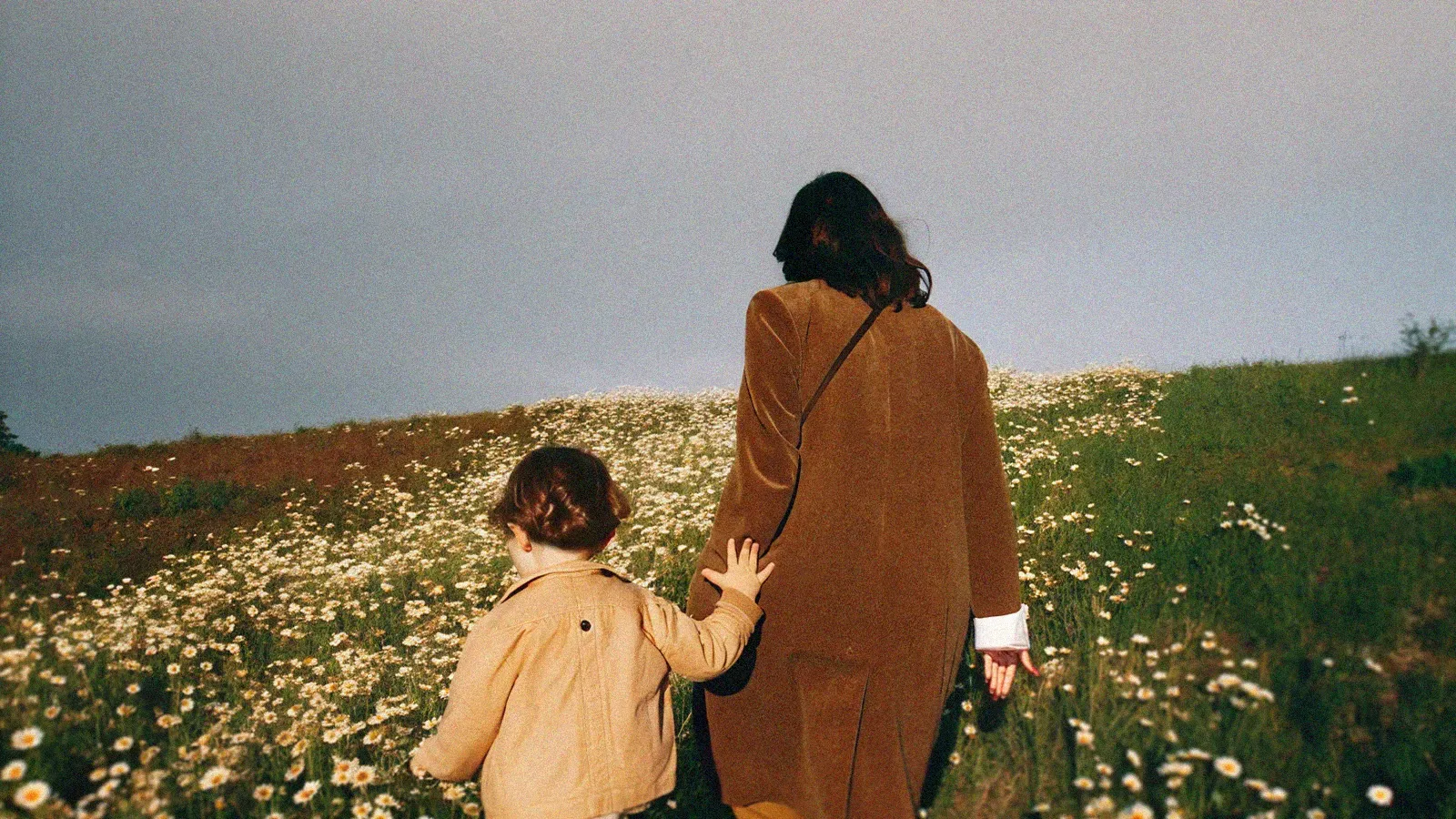Calm
What Does Being Open-Minded Mean and How to Practice It Daily
Ilma is a therapist and writer who views words as her own kind of magic — whether using them to support others in their healing journeys or to share knowledge with the world.
Her work is grounded in deep presence, curiosity, and attuned listening, helping clients process their past and present experiences, build more resilient nervous systems, and move toward greater joy and connection in their lives.
Ilma takes a non-pathologizing, relational, and embodied approach informed by Compassionate Inquiry (CI), Internal Family Systems (IFS), and Polyvagal Theory. Through this lens, she guides clients in exploring their inner landscapes, building trust with their parts, and understanding how their patterns influence their lives and relationships. At the heart of her work lies a core belief: healing happens in connection.
Beyond therapy, Ilma is an active writer who explores topics such as mental health, relationships, trauma, nonprofits and social impact, language, and travel. She blends lived experience with research to create meaningful, thought-provoking work. Whether through one-on-one sessions, writing, or facilitating healing spaces, Ilma’s goal is to invite more clarity, safety, and self-compassion into people’s lives.
Education and certification
Core skills & strengths

Calm
What Does Being Open-Minded Mean and How to Practice It Daily
Written by Ilma Ibrisevic

Dopamine Management
Dopamine and Social Media: How to Break the Addictive Loop
Written by Ilma Ibrisevic

Procrastination
Apps to Help with Procrastination: How Technology Can Keep You Focused
Written by Ilma Ibrisevic

Trauma
What Are the Signs of Childhood Trauma in Adults?
Written by Ilma Ibrisevic

ADHD
How to Manage ADHD: Effective Strategies for Adults
Written by Ilma Ibrisevic

Anxiety
What Is Anxiety and What Does It Feel Like?
Written by Ilma Ibrisevic